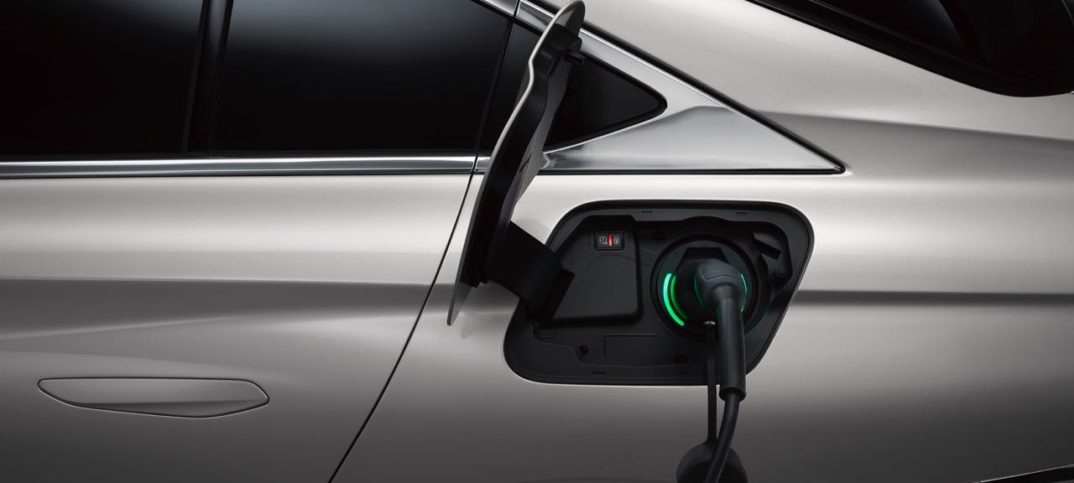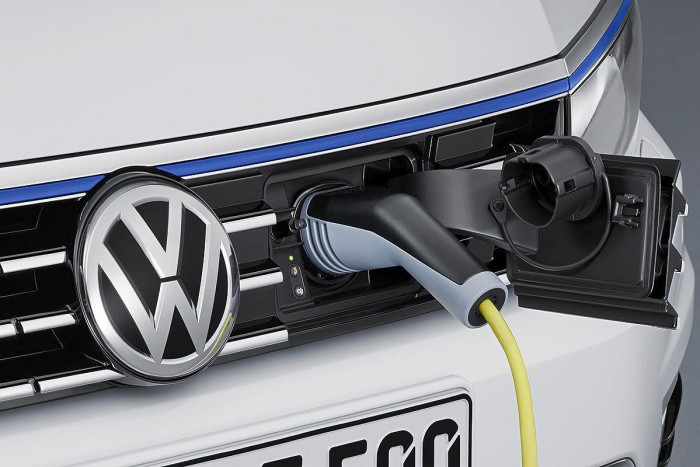Although it does not happen often, electromagnetic fields (EMF) may affect the performance of cardiac implants, such as pacemakers. For this reason, they have to be especially careful in certain places (no longer with mobile phones, fortunately). And what about electric cars, with those high-capacity batteries that recharge at high powers? Well, according to this study, the EMF produced by electric cars do not represent such a danger.
The research was carried out by scientists at the Technical University of Munich, working alongside the German Cardiovascular Research Center and Wellington Hospital in New Zealand.
A total of 108 subjects were recruited, 83% of whom were men and all underwent surgery with a pacemaker or defibrillator (from a wide variety of manufacturers).
Each person proceeded to charge and drive four different electric cars available on the market, including a Nissan Leaf, a Tesla Model S, a BMW i3, and a Volkswagen e-Up. Those vehicles are very different from each other by the power of your electric motor, battery capacity or charging systems.
Driving was carried out on a stationary roller bench platform, in which resistance was increased to maximize engine power (to ensure that the EMF produced by those engines were similar to those generated in real-world driving conditions). EMF levels both in and around the cars were monitored during the tests, as was the performance of the volunteers’ pacemakers. The strongest fields were generated during recharging the batteries, but none of the EMFs were found to be high enough to affect the implants of the participants. According to scientists, this is probably due to the “shielding” built into electric cars, to protect their computer systems from electromagnetic interference.
Their study addresses the pressing concerns of patients and physicians regarding the use of electronic automobiles by patients with pacemakers and they are pleased to report that their use appears safe with current technology. No adverse events or electromagnetic interference were detected while driving or charging cars during the test.


